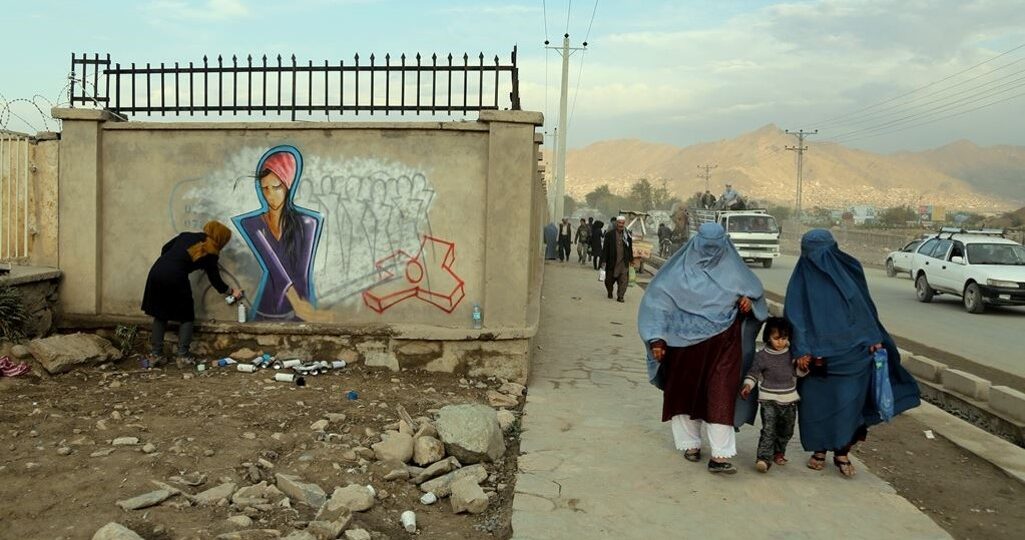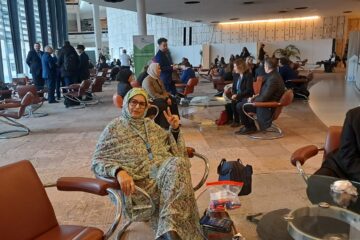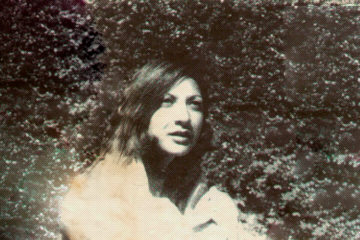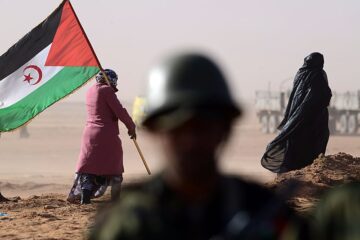In August 2021, the Talibaninvaded Kabul and regained control of the Afghan government. The group’s advance has been noticed since 2015 when they took control of the first province after their supposed defeat in 2001. Today, more than 90% of people in Afghanistan suffer from food insecurity, along with a lack of freedom of movement, expression, education, health, drinking water, and work. Meanwhile, every day people flee their homes and, in danger, cross into neighboring countries to try to obtain humanitarian visas to different corners of the world or cross irregularly to Iran, Turkey, and then, maybe, Europe.
Besides, on top of the fundamentalist ‘policy un-making’ of the Taliban, people of Afghanistan have also endured severe natural catastrophes in 33 of it’s 34 provinces. Since January 10, 2024, more than 166 thousand people have been affected from earthquakes, floodings, droughts, landslides and avalanches, as three decades of war extract from the communities as well as from the nature around.
Wars make it impossible to continue living on the land, either due to violence, soil contamination, poverty and so on. Usually as the last alternative, people move in search for a life with dignity. Especially those who are escaping violent conflicts are seen by governments of other countries as numbers who have to live temporarily in their territory, with no rights, as cheap labor, or as people who should be stopped by the borders, sometimes even killed trying to cross. With the militarization of borders and lack of inclusiveness internally from the host countries, people on the move are denied of their own autonomy.
One of the first policies the Taliban did was banning poetry and arts. Writing poetry has been prohibited in Afghanistan since the Taliban took over. For women it’s even worse: it’s seen as shameful and can result in beatings and even death. Women can´t even walk freely with theTaliban; they have to be accompanied by a mahram, a male member of her family. Thus, it’s so important to use poetry for social justice, especially in a time when it’s needed to imagine new possibilities of integrating and living together.
Oral poetry is reflected by communities’ life experiences, adapting to local and regional dynamics. Thus, it’s a diverse and rich history of poetry from Tajiks, Hazaras, Uzbeks, Aimaqs, Turkmen, Baluchi, Nuristani, Sadats, Kirghiz, and Arabs, with their traditions. In popular poetry from Afghanistan, women are active writers and creators. Afghan women have used poetry to rebel, express inequalities, and also by the feminist movement as a tool of communication.
In The Pearl of Dari: Poetryand Personhoodamong Young Afghansin Iran (2015),Zuzanna Olszewska explains how the refugee poetry of the 1980s gave way to more subjective lyric poetry, a proliferation of forms, genres and styles, experimenting, criticizing and questioning and discovering identities. There are some collectives and online platforms which collect Afghan women writings, as Free Women Writers, Afghan Women’s Writing Project, Plaza Girls, Red Room Poetry, and Baamdaad House of Poetry in Exile.
The poet Somaia Ramish spoke to us about the controversy of migrating to leave a war, as to not to harm their bodies, “but although our bodies were outside the geography of war, our souls are scarred by war.” Somaia also says how important folk poetry was for her mother when she was homesick: “These folk poems were passed down from generation to generation. This poetry is not written in books but exists in the hearts of our mothers and grandmothers.” In the poem below, Somaia Ramish writes about the “war’s geography”:
Load Poems Like Guns
Load poems like guns —
war’s geography calls you
to arms.
The enemy has no signs,
counter-signs,
colors
signals
symbols!
Load poems like guns —
each moment is loaded
with bombs
bullets
blasts
death-sounds —
death and war
don’t follow rules
you can make your pages into white flags
a thousand times
but swallow your words, say no more.
Load your poems —
your body —
your thoughts —
like guns.
The schoolhouses of war rise up
within you.
Maybe you
are next.
For Somaia, the homeland is a piece of her existence, and the “desire to return home is rooted in the heart.” For her, poetry can create new realities for a home that has been destroyed. The hope of seeing Afghanistan again as a place where they are free is present in different ways. A poem written by another writer, Hosnia Mohseni, shows this. It pays tribute to the 10th-century writer Rabia Bhalki, connecting past and future. Rabia was the first recorded woman Persian poet, who was killed by her brother for falling in love and for writing poetry.
A Better Day Will Come
Sister,
The day will come when you and I will fly
Over the proud hills of our land.
A day will come when the doors won’t be locked
And falling in love will not be a crime.
You and I will let our hair fly,
Wear red dresses,
And intoxicate the birds
Of our vast deserts
With our laughter.
We will dance among the red tulips of Mazar
In memory of Rabia.
That day is not far.
Perhaps it is just around the corner.
Perhaps it is in our poetry.
Clarice Rangel Schreiner is a militant of the World March of Women. She is a Brazilian living in Turkey.




